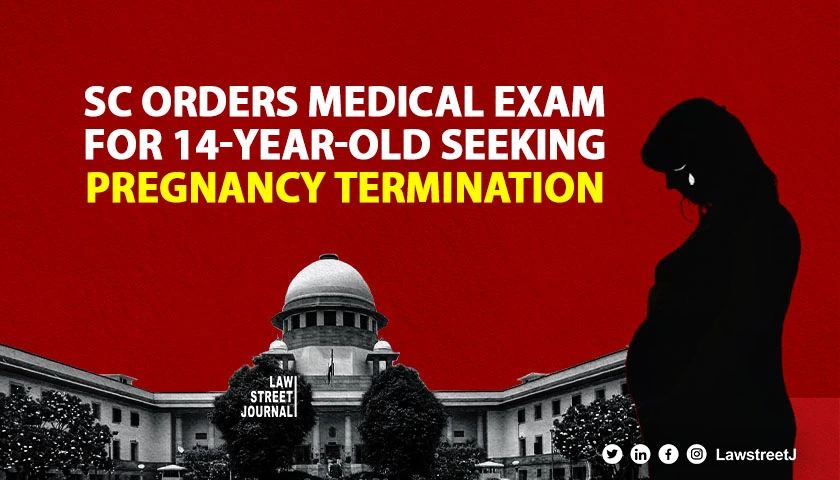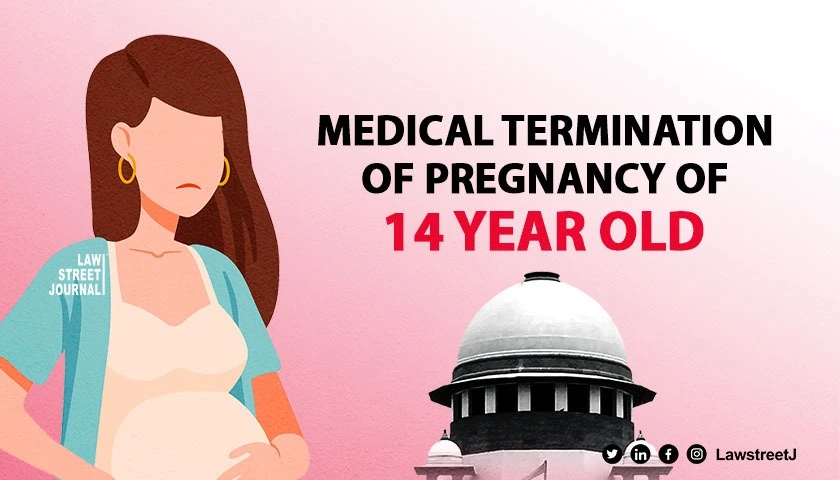According to the new notification issued by the Ministry Of Health And Family Welfare on Tuesday (February 11, 2020), all the medical devices sold in the country will be considered as drugs and be regulated under the Drugs and Cosmetics Act, 1940 from the next financial year starting in April, 2020. According to the current law only 23 medical devices are categorised as drugs. These include cardiac stents, drug eluting, condoms, intrauterine device; among other devices which have been brought under price control.
This decision was taken by the health ministry after due consultation with the Drugs Technical Advisory Board (DTAB) which is considered as the supreme decision making body on technical matters related to drugs.
The health ministry also introduced some amendments to the Medical Devices Rules, 2017 (which was made public and suggestions were invited from stakeholders). Now it will be called the Medical Devices (Amendment) Rules, 2020 from 1st of April, 2020. The amendment says that all the medical devices should be registered with the Central Licensing Authority through an identified online portal established by the Central Drugs Standard Control Organisation (CDSCO). This registration is voluntary but after 18 months, it’ll be mandatory for everyone.
The manufacturer and importers of a medical device should upload all the information related to that device for getting the registration done on “Online System for Medical Devices” established by the CDSCO.
The notification issued by the health ministry says, "Central Licensing Authority may verify the documents at any point of time and investigate quality or safety related failure or complaints." The license of manufacturer can also be cancelled if found lapsed.
It also provides a timeline for the registration of devices. It gives the period of 30 months from date of commencement of the rules to low and moderate risk devices and 42 months to moderate high risk and high risk devices within which it will be brought per the new regulations.
Malini Aisola from healthcare activist group, All India Drug Action Network's (AIDAN) said that "Registration requirements for all devices is positive. Timeline for subjecting devices that will be duly notified as of April 1, ranges from 2.5 years to 3.5 years.So India has a loooongg wait before all its higher risk devices are regulated."
The industry lobby said that there is no gurantee that MoH will work with NITI Aayog on the draft Medical Devices Bill. Rajiv Nath of Association of Indian Medical Device Industry (AIMED) said that “We are highly uncomfortable to be regulated under the very rigid and prescriptive Drugs Act as any non-conformity can be treated as a criminal offence by any Drug Inspector at his discretion and hauled before a court and there are no risk proportionate penalties."
Author - Aditi Dubey











